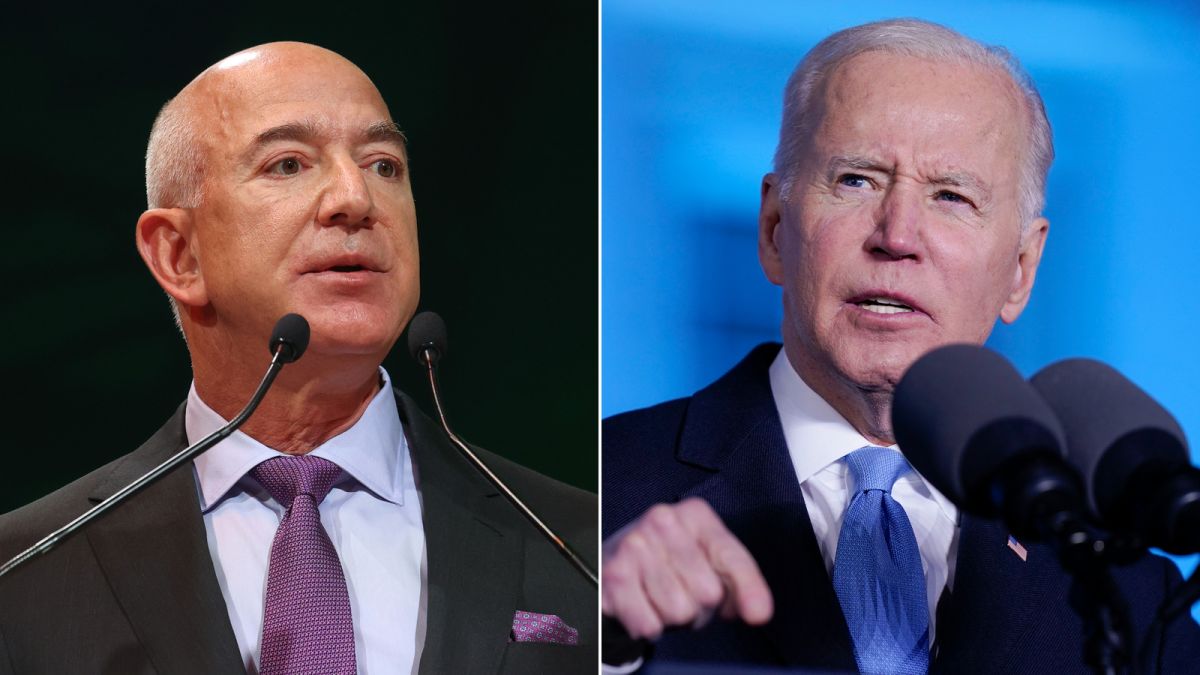New Zealand on Friday announced that it would prohibit the use of TikTok on devices with access to the country’s parliamentary network, due to cybersecurity concerns.
This makes the country the latest country to restrict the use of video-sharing app on government-related devices.
Concerns have grown around the world about the Chinese government’s ability to access users’ location and contact information via ByteDance, TikTok’s Chinese parent company.
The depth of those concerns was highlighted this week when the Biden administration demanded that TikTok’s Chinese owners sell their stakes or face a ban in the United States.
TikTok will be banned in New Zealand by the end of March on all devices with access to the parliament’s network.
In an email to Reuters, Parliamentary Service Chief Executive Rafael Gonzalez-Montero said the decision was made after consulting with cybersecurity experts and holding discussions within the government and with other countries.
He added that special arrangements can be made for those who need the app to do their jobs.
Prime Minister Chris Hipkins stated at a press conference that New Zealand operates differently than other countries.
“Departments and agencies follow the advice of the (Government Communications Security Bureau) in terms of IT and cybersecurity policies … we don’t have a blanket across the public sector approach,” Hipkins said.
Both the New Zealand Defence Force and the Ministry of Foreign Affairs and Trade announced on Friday that they had already implemented TikTok bans on work devices.
Britain banned the app from government phones with immediate effect on Thursday. The app must be removed from official devices in the United States by the end of March.
TikTok has stated that it believes the recent bans are based on “fundamental misconceptions” and are motivated by larger geopolitics, adding that it has spent more than $1.5 billion on rigorous data security efforts and denies any allegations of spying.
In response to a question about the TikTok bans imposed by the United Kingdom and New Zealand, Chinese Foreign Ministry spokesperson Wang Wenbin stated during a regular news briefing on Friday that the two countries should “stop over-extending and abusing the concept of national security, and provide a fair and non-discriminatory environment to companies from all countries.”























